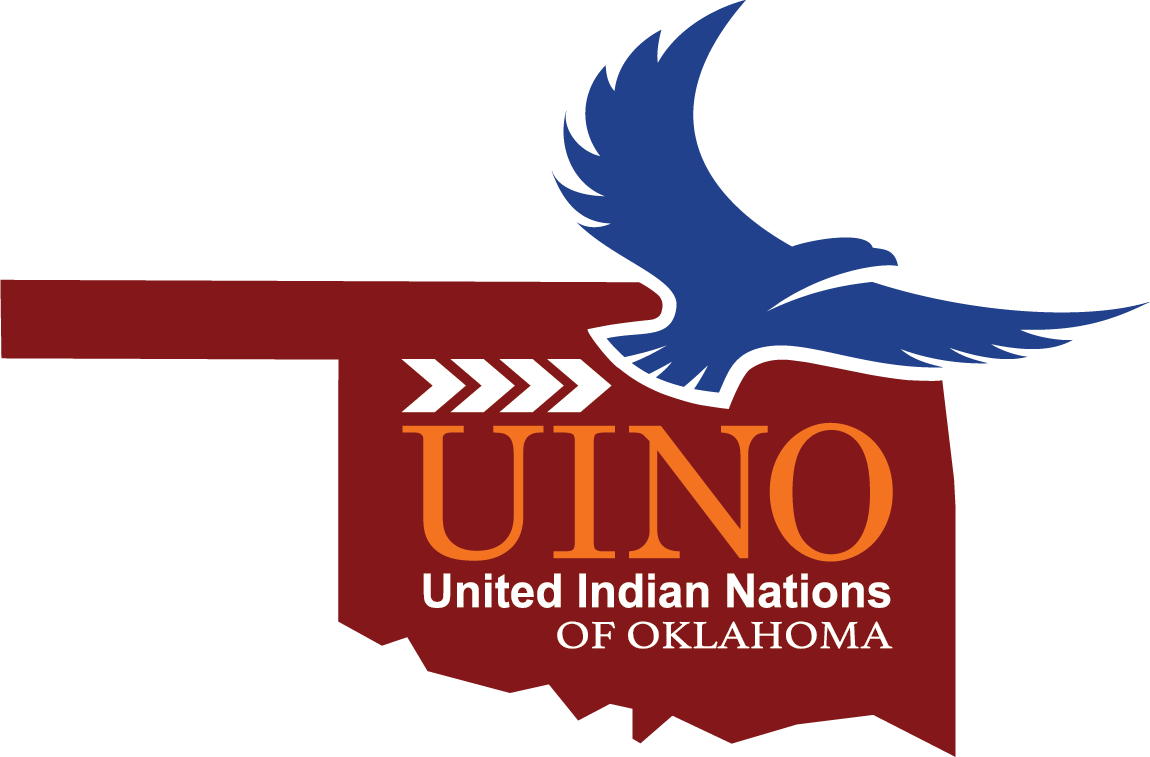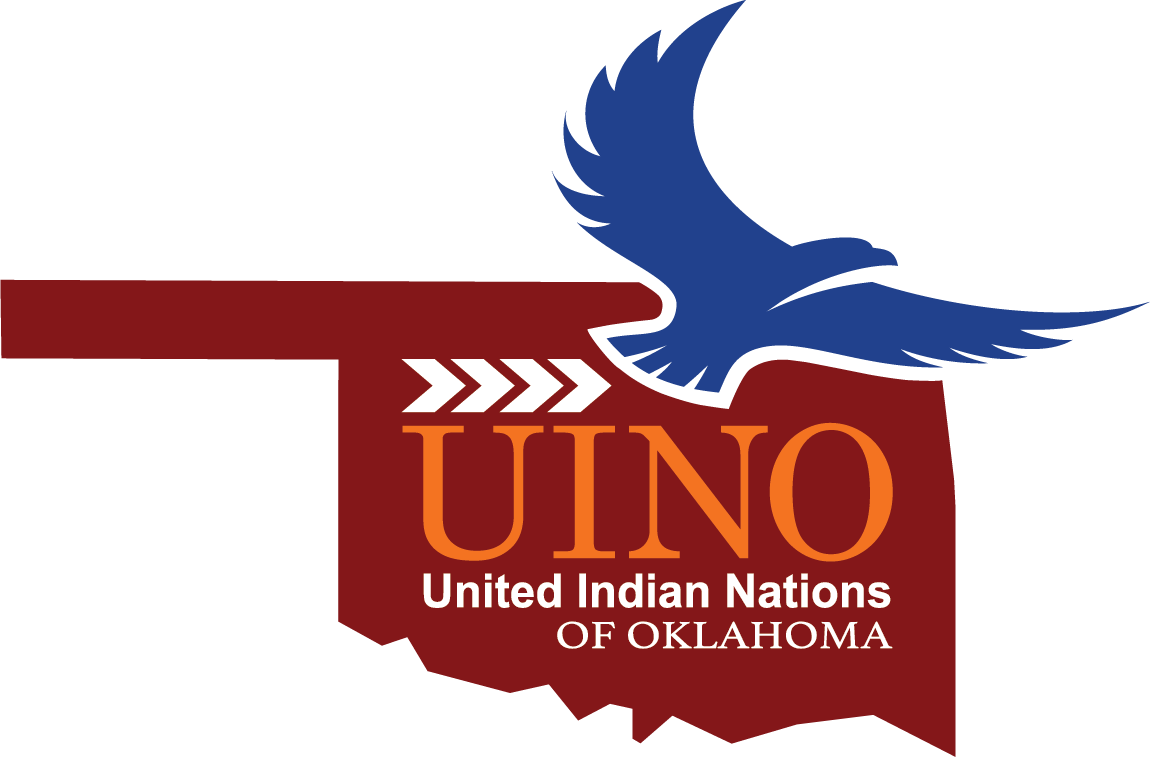
OKLAHOMA CITY — United Indian Nations of Oklahoma (UINO) extends its deepest gratitude to the Oklahoma Legislature for taking decisive, bipartisan action to override Governor Kevin Stitt's veto of House Bill 1137, a critical amendment to Ida's Law aimed at addressing the crisis of Missing and Murdered Indigenous People (MMIP) in our state.
In a strong show of unity, the Oklahoma House voted 91–0, and the Senate followed with a 40–4 vote to ensure that the state no longer waits on federal dollars to fund a fully functioning liaison office dedicated to MMIP cases.
"This is a powerful and heartfelt step forward in the fight for justice," said Margo Gray, Executive Director of UINO. "We are profoundly grateful to the legislators in both chambers who stood with Native families, survivors, and advocates across Oklahoma. Your votes speak volumes, and your leadership brings us one step closer to the coordination, support, and justice these cases urgently deserve."
House Bill 1137, authored by Representative Ronald Stewart (D-Tulsa), a citizen of the Choctaw Nation, and Senator Darrell Weaver (R-Moore), removes the requirement that the Oklahoma State Bureau of Investigation (OSBI) first obtain federal funds before implementing the MMIP liaison office created under Ida's Law in 2021. The bill garnered overwhelming support from Tribal Nations, law enforcement, Native families, and community organizations nationwide.
"This override tells Native families that their lives matter, their grief has been felt, and that Oklahoma is committed to justice for them and their loved ones," said Ben Barnes, Chairperson for UINO. "Many hands helped lift this veto override over the finish line. We are so grateful to the State House and Senate members, Republicans and Democrats alike, who prioritized decency and law and order, over politics and prejudice. Missing and murdered Indigenous people had champions today."
Oklahoma ranks second in the nation for unresolved MMIP cases, with 690 still open as of January 2025, including 181 in Tulsa alone. Native women and girls remain disproportionately affected, with homicide ranked as the third leading cause of death for Native women aged 15–24. Gray stressed, however, that the MMIP crisis impacts public safety for all Oklahomans.
"The MMIP crisis is not just a Native issue, it's an Oklahoma issue," Gray said. "Lawmakers showed courage and compassion with their votes, and we could not be more grateful. We now look forward to working with the OSBI and our partners in law enforcement and Tribal communities to ensure this office is fully resourced and operational and that families finally get the answers they deserve. We also want to thank our Native and statewide media for educating the public and shining a light on the epidemic of our missing and murdered Indigenous relatives."
Following the veto override, Rep. Stewart made the following comments in a social media post.
“Today, the Oklahoma Legislature demonstrated its unwavering commitment to justice and accountability by overriding the Governor’s veto of House Bill 1137. I am deeply grateful to my colleagues in both chambers—Democrats and Republicans alike—who stood together to prioritize the safety and dignity of Indigenous communities across our state.
This vote is more than a legislative victory—it is a moral affirmation that missing and murdered Indigenous persons will not be forgotten or ignored in Oklahoma. I want to especially thank the families, advocates, and tribal leaders who have fought tirelessly to ensure this moment became possible. Your voices were heard.
Together, we have sent a clear message: our shared future must be built on respect, equity, and action. The work continues, but today, we took a bold step forward.”







